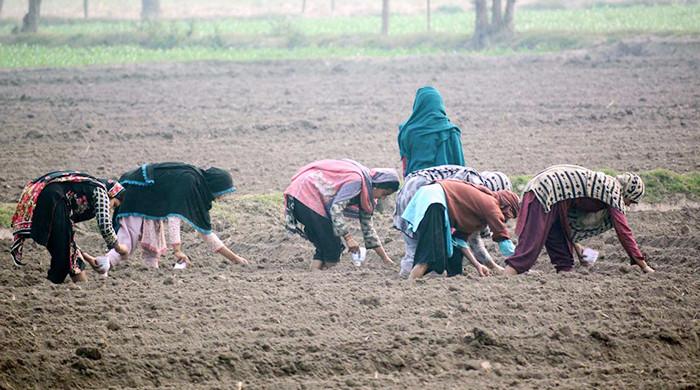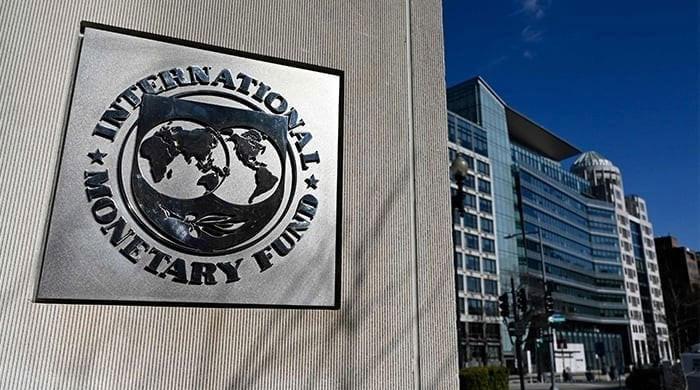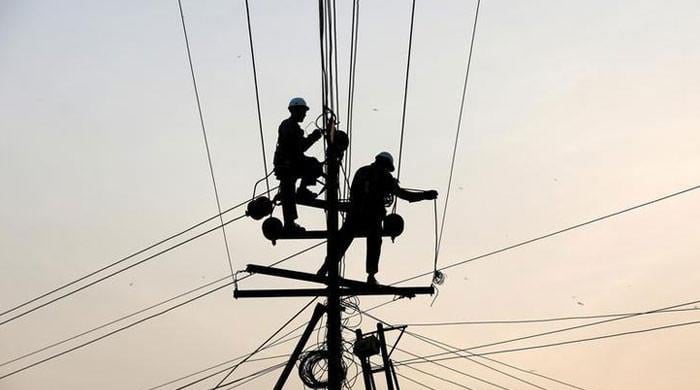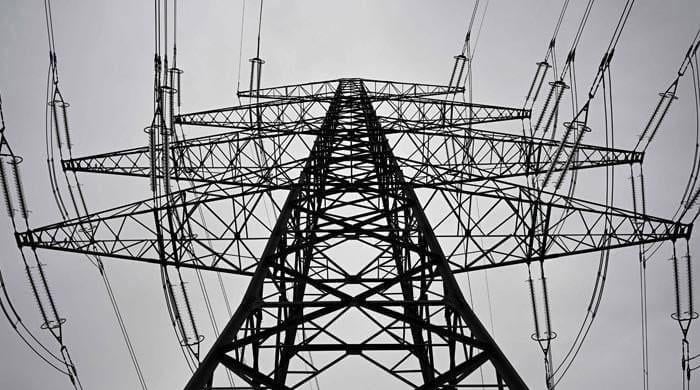Pakistan's Toyota manufacturer shuts down plant for two weeks
Plant will be completely shut down from July 21 to August 3
July 21, 2023
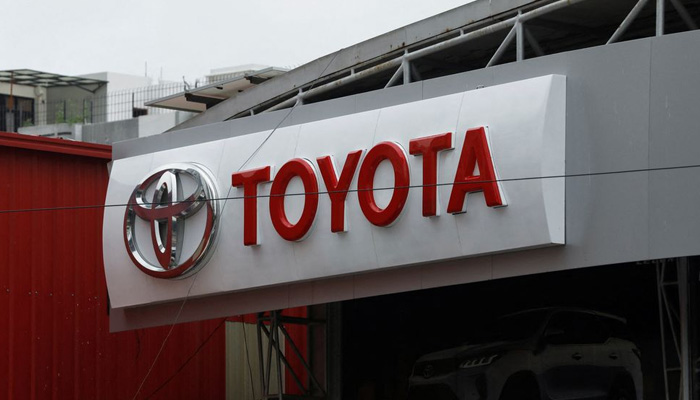
- Plant will be completely shut down from July 21 to August 3.
- Company faces significant hurdles in importing raw materials.
- It isn't only automotive manufacturer affected by raw material scarcity.
KARACHI: Indus Motor Company Limited, a prominent player in Pakistan's automotive industry and the manufacturer of Toyota vehicles, has temporarily closed its production plant for two weeks, The News reported Friday.
The decision comes as the company faces significant hurdles in importing raw materials, leading to disruptions in its supply chain.
Last month, Indus Motors experienced a brief shutdown of its production plant due to similar challenges with raw material imports.
However, the current situation has worsened, leaving the company with insufficient inventory levels to sustain its production activities.
The company secretary of Indus Motor released a statement to the Pakistan Stock Exchange, outlining the difficulties the company and its vendors are facing in importing raw materials and clearing consignments.
These challenges are primarily due to issues with opening letters of credit (LCs) and supply problems from certain foreign vendors.
As a result of these obstacles, the company has no choice but to halt its production activities temporarily.
The plant will be completely shut down from July 21, 2023, to August 3, 2023. Indus Motors is not the only automotive manufacturer affected by raw material scarcity.
Other prominent companies like Pak Suzuki Motors and Honda Cars have also experienced several shutdown days in recent months due to similar issues.
The automotive sector, along with other industries reliant on imported raw materials, has been grappling with these challenges due to a shortage of foreign exchange reserves in Pakistan.
The struggle to open LC has severely impacted the smooth functioning of the supply chain, leading to disruptions in production activities.
Indus Motors has a significant presence in Pakistan's automobile industry and has invested $100 million in local production of hybrid electric vehicles (HEVs).
The company has played a crucial role in establishing the local automotive ecosystem, with over 50 part manufacturers contributing to the value chain by producing parts worth over Rs250 million every working day.
Additionally, the company has established 53 independently owned authorised dealerships that provide aftersales service to customers, generating employment opportunities for over 450,000 people directly and indirectly across Pakistan.
The temporary closure of the production plant presents challenges for the company, its employees, and the overall automobile industry.
The management of Indus Motor Company Limited is likely to be exploring solutions to address the raw material scarcity and resume operations as soon as the situation allows.
One analyst said the government and relevant stakeholders may also need to collaborate to find long-term solutions to ensure a stable supply of raw materials for the automotive and other affected industries.
Swift action and strategic measures will be essential to mitigate the impact of these closures on the economy and preserve the growth trajectory of Pakistan's automotive sector.




